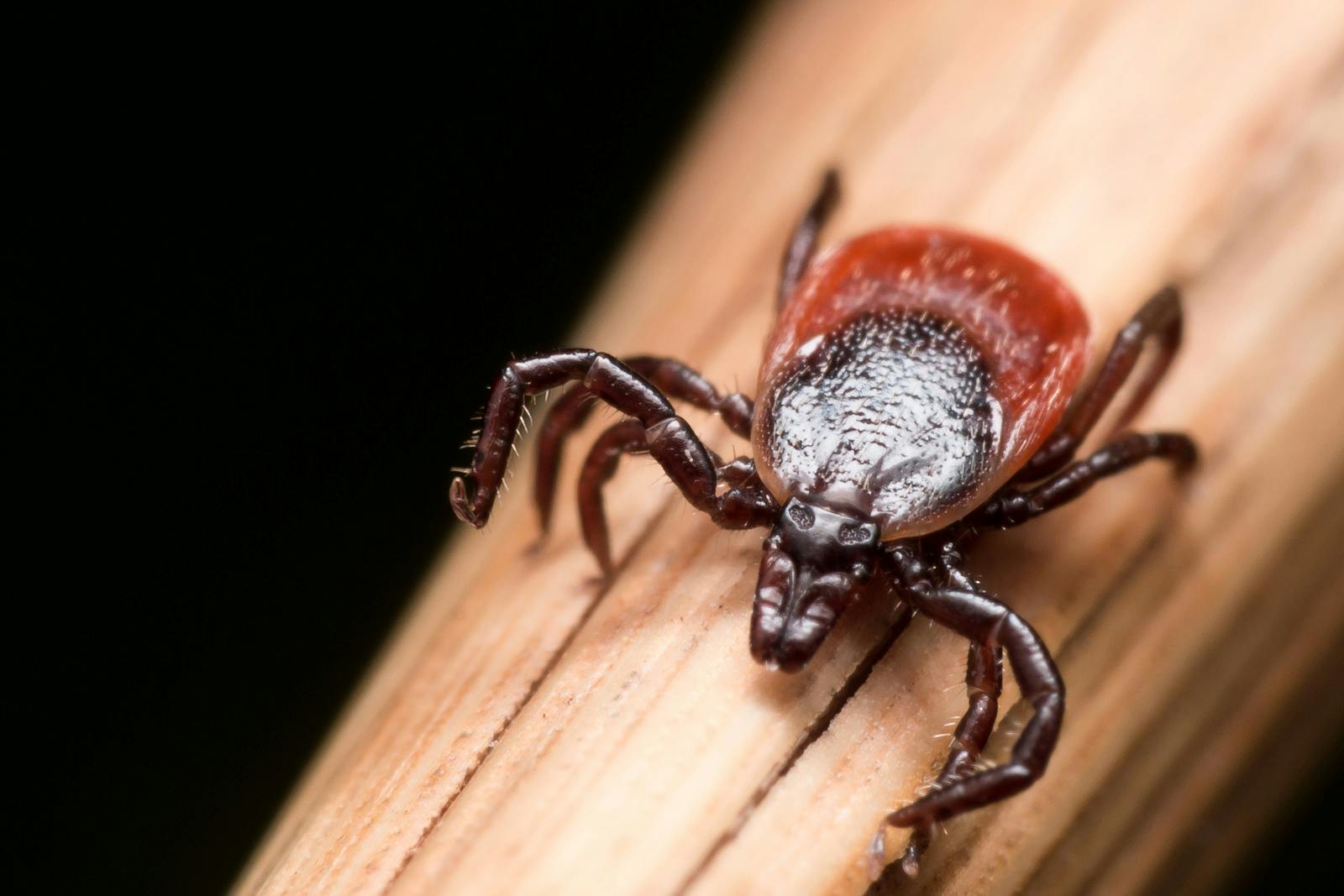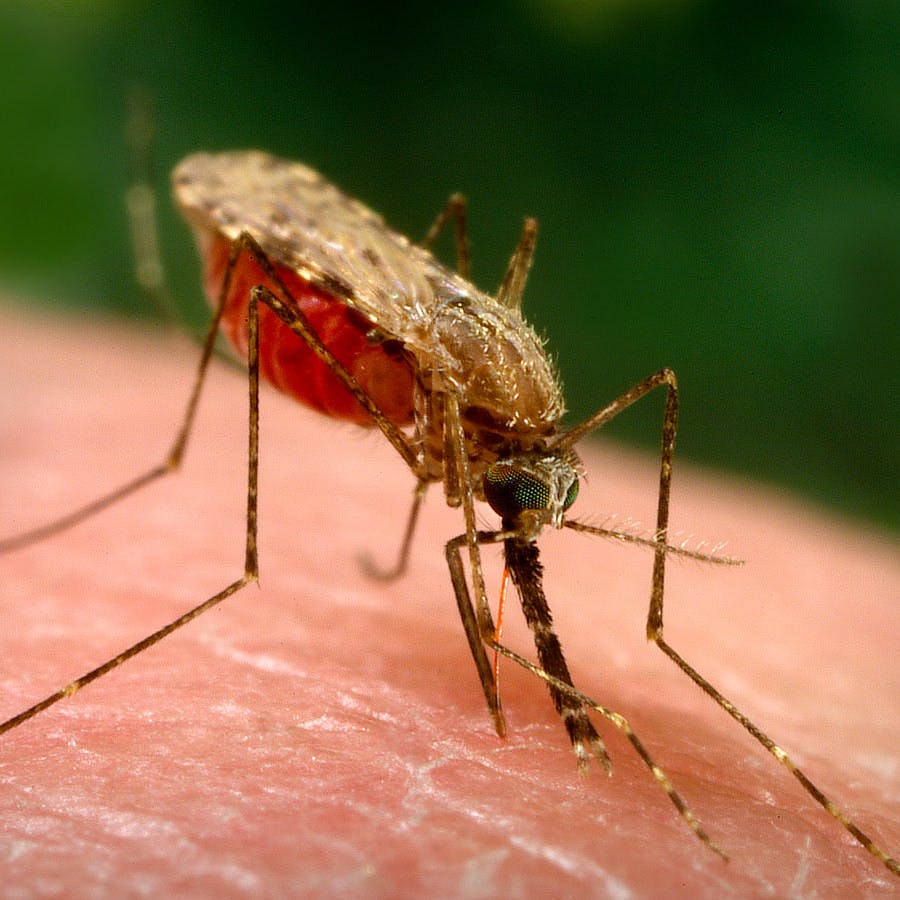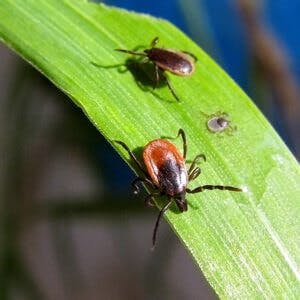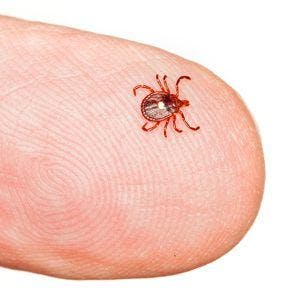Articles categorized as Tick Bites
Are Tick-Borne Illnesses More of a Problem?
A single tick can carry many pathogens. A person who is bitten might develop two or more tick-borne illnesses, including alpha gal.
Will Tick Bites Make You Allergic to Red Meat?
Scientists have found that tick bites from two species, not just one, can trigger alpha-gal allergy to mammalian meat.
How Aysa, an AI App, Helped a Mother with her Child’s Rash
Aysa, a new app for your tablet or smart phone, can help you determine what is wrong so you'll know whether you need to see the doctor.
Show 1128: What You Need to Know About Tick-Borne Diseases
Tick-borne diseases now cover a wider range than they once did. How can you keep from getting infected, and what should you do if you are?
The Right Clothes Can Protect You from Ticks
When venturing out into tick territory, wear the right clothes: long sleeves and long pants coated with permethrin. This can deter ticks and reduce the risk of bites.
How Can You Keep Mosquitoes Away?
To keep mosquitoes away, you need a good repellent. DEET works, but it also can melt plastic. Picaridin and oil of lemon eucalyptus could be alternatives.
Severe Anemia After Treatment of Babesiosis
Even after receiving appropriate and complete antibiotic treatment, some patients recovering from babesiosis develop severe anemia.
A New Tick-Borne Infection Causes Illness
Scientists have identified a previously unrecognized tick-borne infection caused by bacteria in the same category as those that cause Lyme disease.
Why Lyme Disease Can Last So Long
Cells that go dormant during antibiotic treatment may be the key to long-lasting Lyme disease.
Treated Clothing Repels Ticks
Preventing tick bites by wearing treated clothing to repel ticks is an important first-line defense against tick-borne diseases such as Lyme disease.
How to Keep Ticks from Biting
Take precautions against ticks to reduce your chance of coming down with a tick-borne infection.
Bourbon Virus Is Transmitted by Tick Bites
The newly identified Bourbon virus is transmitted by the bites of North American ticks.
Tick Bite Leads to Scary Allergy
A bite from a lone star tick can lead to a scary allergy to mammalian meat–beef, pork, lamb, rabbit, venison, and more–that could be a medical emergency.
Mouthwash Kills Ticks on Contact
Mouthwash may kill ticks on contact, but dermatologists still recommend removing them with a firm and steady pull using tweezers. Do NOT burn a tick!









